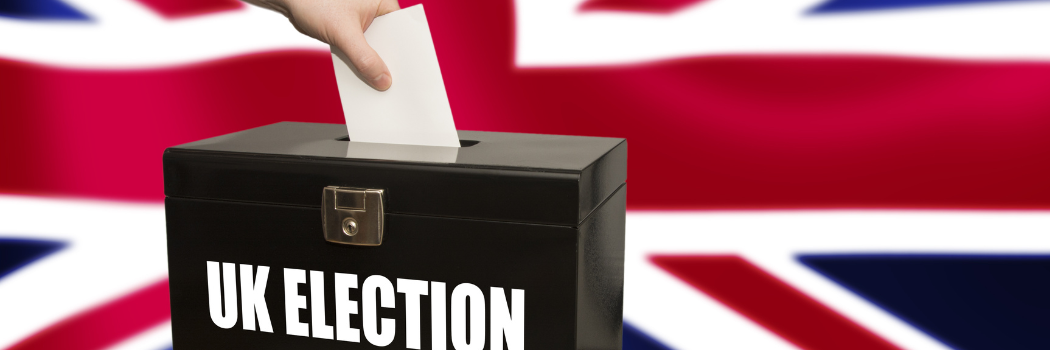My Durham Story
By: Ian Carter (Zoology, St Cuthbert's Society, 1979-82)
UK election 2024 – A Commonwealth Parliamentary Association election observer’s perspective
In 2020 I was elected to the States of Alderney, the third largest of the Channel Islands with an independent Parliament and have been Chief Minister and Vice President. As a parliamentarian and member of the Commonwealth Parliamentary Assocation the opportunity to be an election observer presented itself this summer when the UK election was called.
Not a day goes by without an election somewhere in the world featured in the media – UK, France, India and the US to name a few. So how do jurisdictions ensure that their election processes are fair and transparent?
There are in fact several organisations that act as independent observers, e.g. the EU and Commonwealth Parliamentary Association (CPA) and from a point of good practice mature democracies tend to always host an observer mission of some kind.
The UK Electoral Commission appointed the CPA to report on July’s election. This proved challenging to all concerned regarding the short notice, however despite the challenges 29 Commonwealth Parliamentarians, two election observers and 29 members of staff assembled at a conference centre near Heathrow for two days of intensive training in UK election law and practices before splitting into eight constituency teams who then departed to interview candidates, stakeholder groups, election officials for a further two days before observing the day of the election.
Birmingham Ladywood
My team comprised colleagues from Kenya, St Lucia and Malawi and we observed the election process in Birmingham Ladywood, a very diverse inner-city community with a large Muslim population where the Gaza debate was promoted by an independent candidate along with the traditional political parties.
Observation on the day
On polling day, we split into two teams in our high-viz jackets and started at 5:30am watching the setting up of polling stations according to the regulations, for example checking the ballot box was empty and the appropriate seals applied. Then over the course of the day, 16 polling stations, housed in schools, churches and temples, were observed for half an hour each to ensure voters were registered appropriately, were able to prove their identity and finally cast their vote in private without any influence.
Closing down
At 10:00pm we observed the closedown processes, for example the sealing of the ballot box and the completion of the paperwork associated with the polling station. Finally, reminiscent of a film we then had to ‘follow that car’ as we tracked our final ballot box making its way from the polling station to the Verification and Counting Centre where the teams of officials started the process of verifying and counting. At about 6:00am the result was announced, and the sitting MP Shabana Mahmood saw her previous 35,508 majority cut to 3,421 by the Independent candidate Akhmed Yakoob.
Reflections
Reflections on this experience include the trust that the electorate have in the system, the challenges for some members of society to access their vote and their desire to ensure it is cast, the incredible professionalism of the returning officer and his team in enabling the election to take place in such a tight time frame, the potential unpleasant power of social media in campaigning, the passion the Gaza debate has generated and the multitude of ways a voter can spoil their ballot paper.
It is interesting to reflect where a degree in zoology can take you, so after over 35 years in education I now find myself in the rough and tumble of Channel Island politics with opportunities to contribute to the wider world of democracy.


/prod01/prodbucket01/media/durham-university/alumni-/the-hub/The-Hub-Banner.png)

